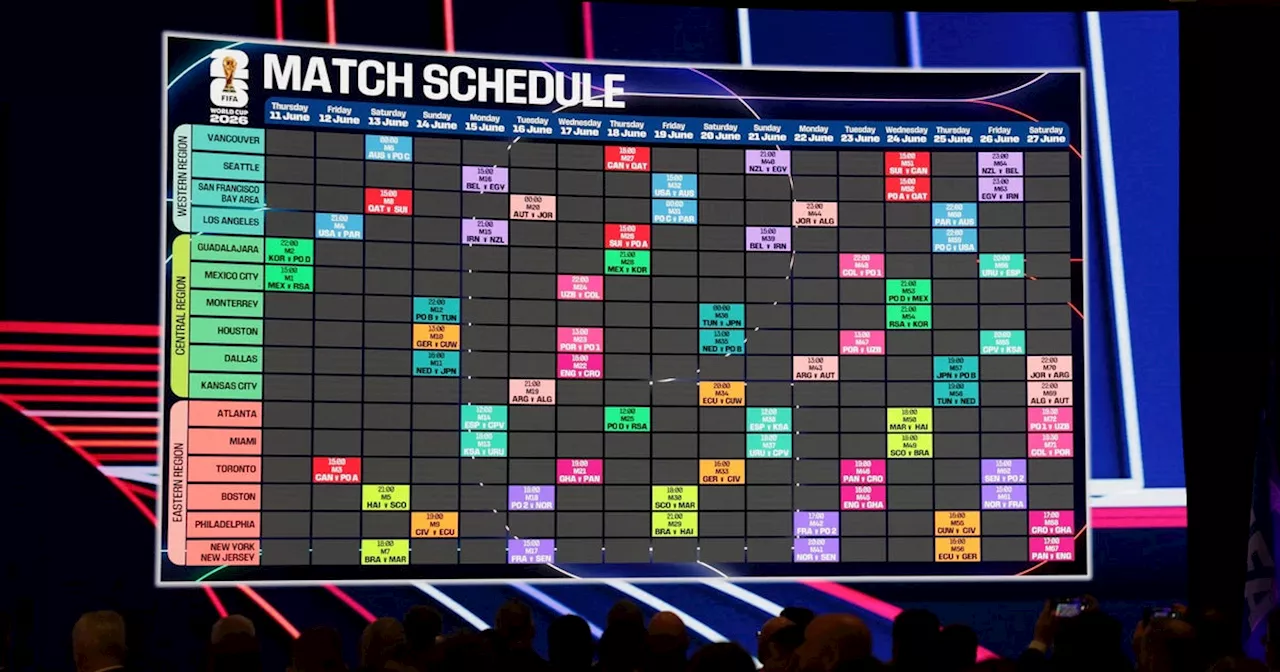URGENT UPDATE: A family dispute has escalated over a package of family photos sent from Israel to New York, igniting tensions between siblings after the recent death of their mother. In a heartfelt plea to Dear Abby, a woman shares how her brother’s decision to mail cherished photographs of their children has led to a painful rift with her daughter.
The conflict began when the woman, living overseas, requested her brother to send her photos she had sent to their mother over the years. Her brother complied, forwarding the package to her daughter in New York, who opened it and instantly claimed the photos she appeared in as her own. According to the mother, her daughter is now insisting that the photos belong to her, disregarding her mother’s intentions of simply using her as a messenger.
This family drama has reached a boiling point, with the daughter refusing to speak to her mother following the dispute. The mother expressed her willingness to scan or copy the photos, but the division remains unresolved, signaling deeper family issues at play.
Dear Abby advised the mother that she is indeed correct regarding the ownership of the photos and suggested that the conflict may indicate underlying family dynamics that need to be addressed. The emotional fallout from this incident emphasizes the importance of communication and understanding in family relationships, especially during times of loss.
In another letter, a reader from Missouri highlights a contentious relationship with her father, who is now involving other relatives in their disputes. The reader’s father has misrepresented the situation, claiming she has cut off contact and is preventing him from seeing her children. This misunderstanding is causing further strain within the family as relatives are forced to choose sides.
The reader has sought advice on how to maintain her relationships with other family members while navigating her father’s controlling behavior. Dear Abby urged her to communicate openly with relatives about her father’s actions and to establish boundaries for her well-being.
These letters underscore the emotional complexities that arise within families, particularly during times of grief and transition. The ongoing disputes serve as a reminder of the need for empathy and clarity in family communication.
As these situations develop, it is crucial for those involved to seek resolution and understanding. The emotional stakes are high, and the impact on familial relationships can be profound. Readers are encouraged to reflect on their own family dynamics and consider the importance of open dialogue as they navigate similar challenges.







